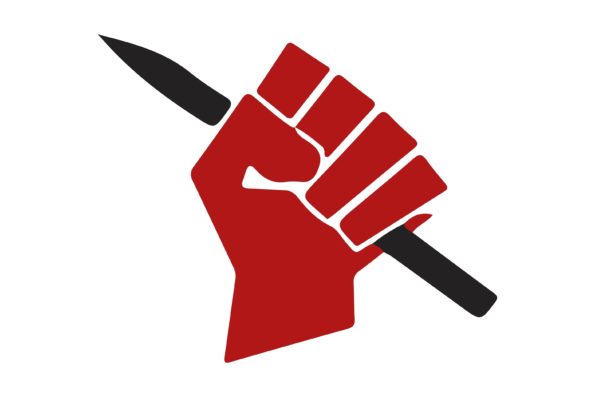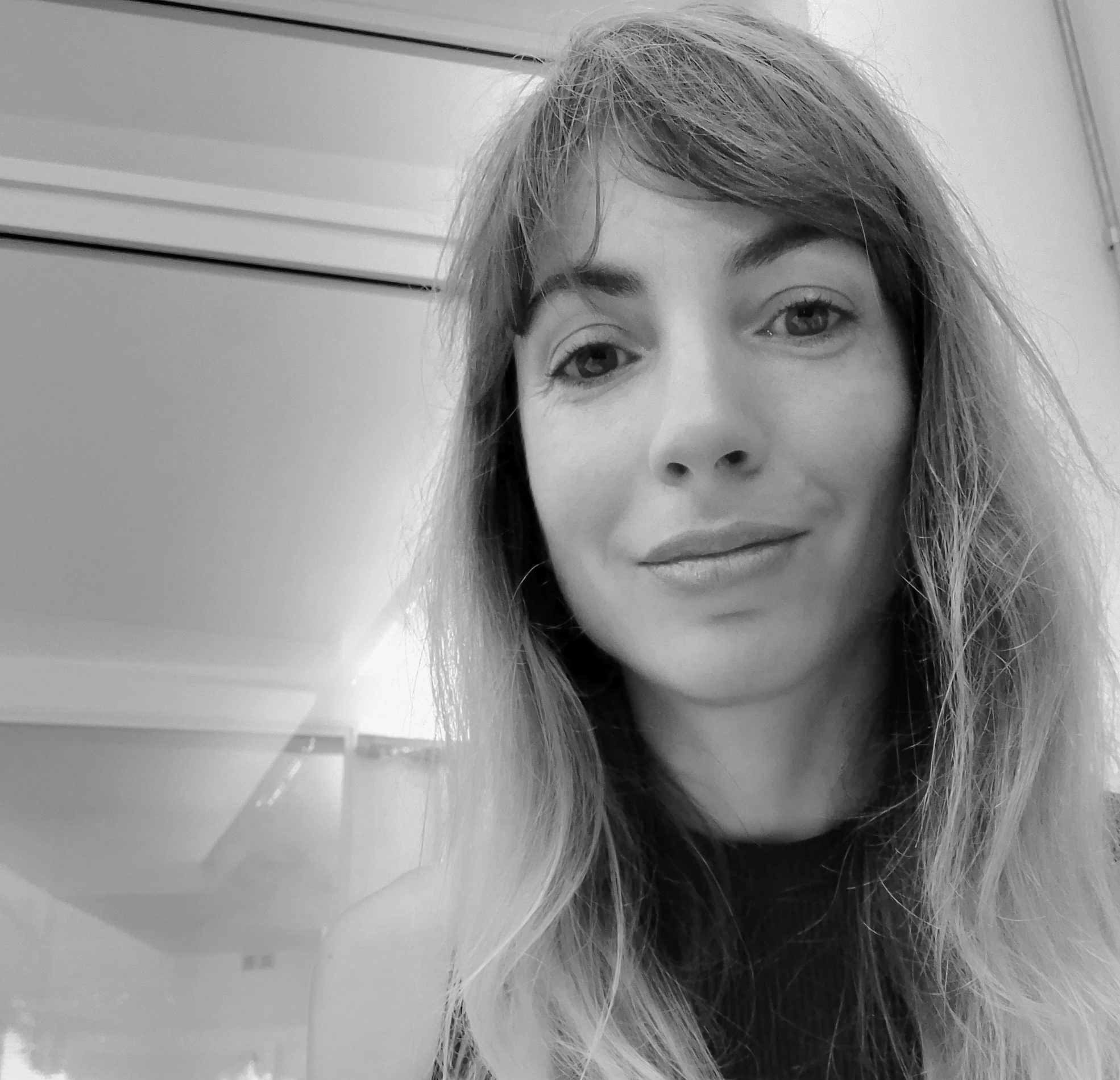Search
To search for an exact match, type the word or phrase you want in quotation marks.
A*DESK has been offering since 2002 contents about criticism and contemporary art. A*DESK has become consolidated thanks to all those who have believed in the project, all those who have followed us, debating, participating and collaborating. Many people have collaborated with A*DESK, and continue to do so. Their efforts, knowledge and belief in the project are what make it grow internationally. At A*DESK we have also generated work for over one hundred professionals in culture, from small collaborations with reviews and classes, to more prolonged and intense collaborations.
At A*DESK we believe in the need for free and universal access to culture and knowledge. We want to carry on being independent, remaining open to more ideas and opinions. If you believe in A*DESK, we need your backing to be able to continue. You can now participate in the project by supporting it. You can choose how much you want to contribute to the project.
You can decide how much you want to bring to the project.

The January 2022 issue of A*Desk Magazine addresses the necessary challenge on the part of a large number of cultural institutions and art museums to generate a space for the research, writing, and production of knowledge about their own practices regarding the general public. This issue focuses on pedagogical practices, a type of work that enjoys a lower standing than others, such as curatorial practice, and we ask ourselves, what does it mean to do research inside of a museum? And more specifically, what does it mean to do research and produce knowledge linked to art and education programs for diverse audiences? How to create writing spaces for this knowledge production? What kinds of knowledge are these? What type of research can we generate? How do we position ourselves in relation to the Academy? What role do the archive and bureaucratic writing play in this task? What role do subjectivity, fiction, the body, pleasure, and emotions play in these processes?
From Latin America and Europe, the guests of this issue of A*Desk reflect on these problems and think about the current state of education in art museums and of the scope and limits of this profession.
We are joined by Renata Cervetto, member of the curatorial team of the 11th Berlin Biennale and editor of books whose goal is to promote art and educational practices in Latin America. In an interview, Renata discusses the peculiarities of researching art-education in this context, and the challenges and potentialities of writing and publishing about these practices.
Next, Mónica Amieva, pedagogical curator and researcher at the Institute of Aesthetic Research at the UNAM, delves into the implications of defending pedagogical practices of museums as research practices. Based on Pablo Helguera’s concept of “transpedagogies,” Amieva explores the possibility of reinventing traditional education and research work in art museums.
For her part, María Acaso, professor and researcher (Madrid Complutense University) and Director of Education at the Reina Sofía Museum, together with Sara Torres, artist, professor and researcher (MCU) of radical pedagogies, propose thinking of the archive as a tool for institutional struggles to combat the subalternity of Education compared to other areas of museums. The development of an art-education archive culture implies reclaiming the relevance of these areas in museums and recognizing the intellectual work of education departments.
Finally, Emily Pringle, director of Tate Research (Tate, UK) and author of the book Rethinking Research in the Art Museum, proposes rethinking the museum institution in light of the impact of the pandemic and of the international, anti-racist, civil rights movement Black Lives Matter. Faced with a critical context, Pringle sees an opportunity for the positive reinvention of cultural institutions to contribute to equal access and representation. Research has a crucial role in this process if it is approached as a practice in collaboration with civil society, allowing it to interrogate existing systems and structures, and to transform ways of validating and making knowledge visible within the museum, and of altering hierarchies and promoting shared authority.
Like a Trojan horse, the implementation of a culture of archiving, research, and writing about the practices of education teams is a task with a strong revolutionary potential. Framed in collaboration processes with agents outside the museum and with civil society, they can contribute not only to a greater and much needed professionalization of art-education workers, they can also promote, from within the museum, a new type of institution that recognizes the role of these areas in revitalizing the meaning of cultural institutions in society, for they are the ones that promote and sustain contact with the public.

Rosario García Martínez (Buenos Aires, 1983) holds a Bachelor of Arts from the University of Buenos Aires and did postgraduate studies on pedagogy and education at FLACSO Argentina. Since 2008 she has worked in the area of Education and Public Programmes at Fundación Proa. She is the author of the book Por una institución híbrida. Experiencias de interacción entre Museo y Universidad, published by Fundación Proa in 2020. Based on this publication, she created the programme Escribir al Hilo. Clínica de escritura sobre prácticas educativas en museos, in complicity with the Education and Public Programmes team of the Museo Universitario de Arte Contemporáneo of the UNAM, Mexico. She is currently rowing in dulce de leche: designing programmes of international scope that encourage the development of research, writing and publication spaces for museum professionals.
"A desk is a dangerous place from which to watch the world" (John Le Carré)